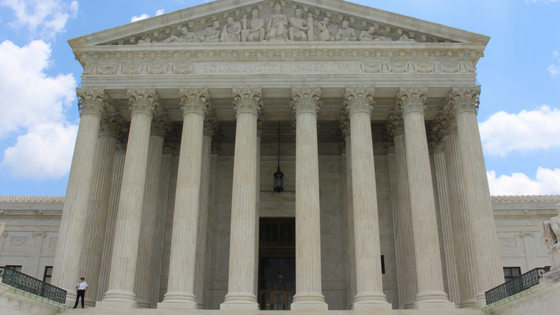The Supreme Court yesterday agreed to hear arguments in Rotkiske v. Klemm, a case which focuses on when the one-year statute of limitations starts in which to claim a debt collector violated the Fair Debt Collection Practices Act.
Last May, the Third Circuit Court of Appeals ruled that the clock on the one-year statute of limitations starts running when the violation occurs, which broke from rulings in other Circuit Courts (the Fourth and Ninth, specifically), which had ruled that the statute of limitations clock starts running when the violation is discovered.
BACKGROUND
The plaintiff had a balance on his credit card that was placed with the defendant for collections. The defendant attempted to sue the plaintiff in 2008 but was unable to locate him. The defendant tried again in 2009, and unbeknownst to the plaintiff, someone accepted service of the lawsuit on his behalf. The defendant was able to obtain a default judgment, which was discovered when the plaintiff applied for a mortgage in 2014.
In June 2015, the plaintiff filed suit against the defendant, alleging a violation of the FDCPA. The defendant moved to have the case dismissed because the statute of limitations had expired. A District Court judge granted the motion. That decision was appealed to the Third Circuit, which upheld the District Court’s ruling.
LEGAL ISSUE
The legal question that lies at the heart of the case is whether Congress intended for the FDCPA to follow what is known as the discovery rule or the occurrence rule. The discovery rule pauses the beginning of a statute of limitations period until the plaintiff knew, or should have known, about an injury. The occurrence rule begins the statute of limitations when the actual violation occurred. The Third Circuit ruled that the FDCPA is meant to follow the occurrence rule, which is why the statute says, “within one year from the date on which the violation occurs,” when referencing the amount of time an individual has to file a claim against a debt collector.
WHAT’S NEXT
Arguments in the case will likely be heard before the Supreme Court in the Fall, according to a published report. The Rotkiske case was the only petition for a hearing that was granted yesterday by the Supreme Court.









